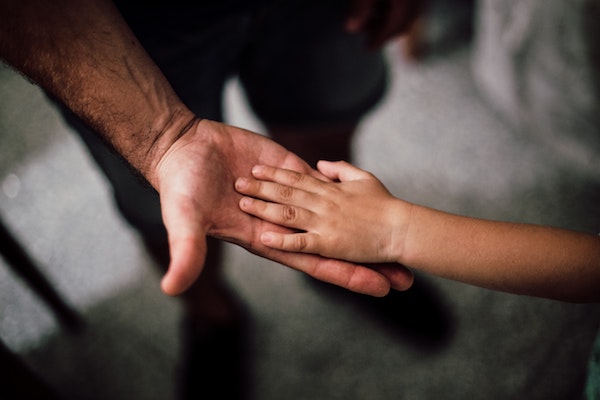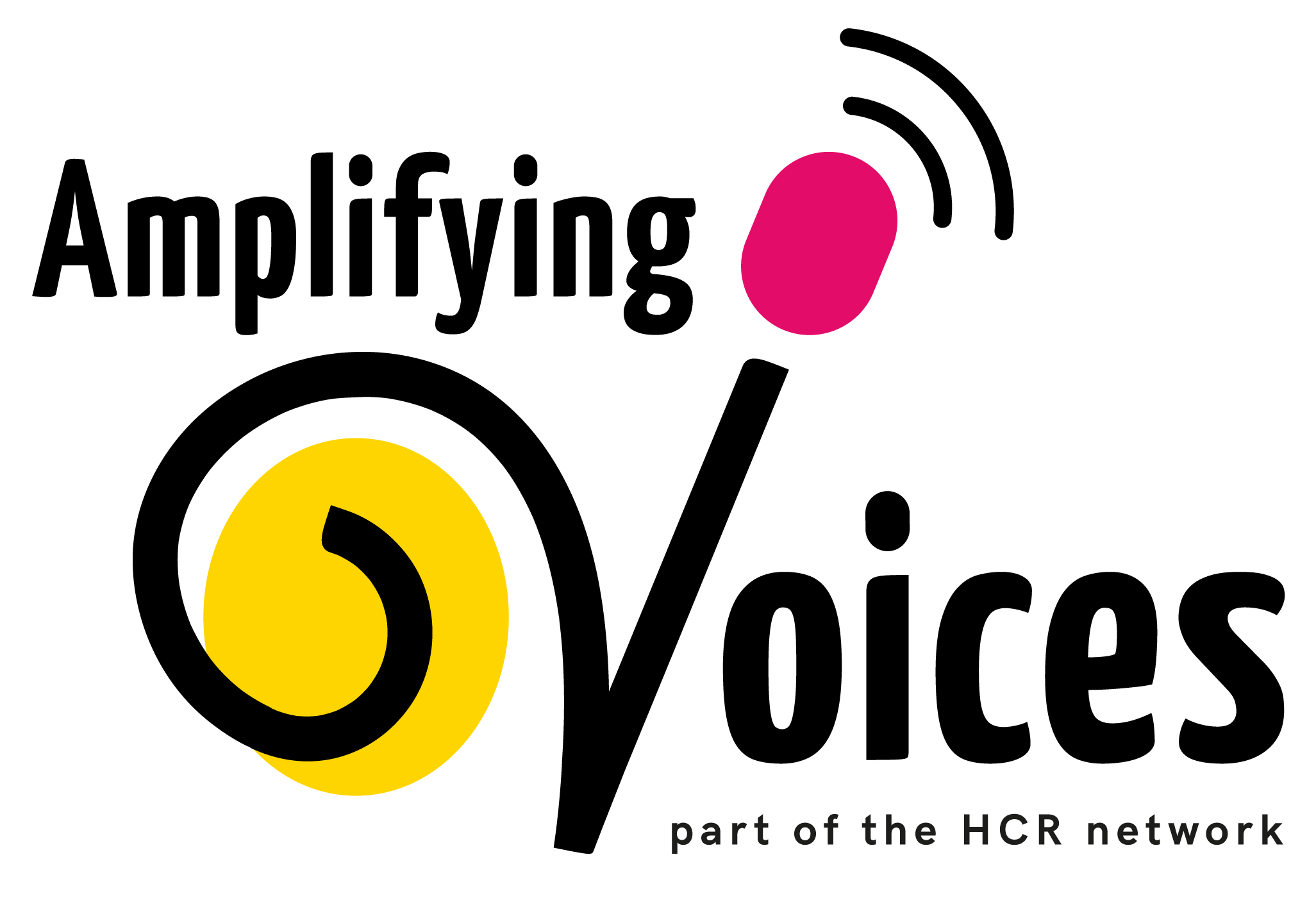
She is a mother, when she herself is still a child
Day 6 of #16DaysofActivism
Each year, 12 million girls are married before the age of 18 (Girls not Brides).
Early marriage is a major obstacle for girls in acquiring education and has many physical, social and psychological implications. The girls are forced into this cycle of poverty, inequality and illiteracy. Early marriage can often expose girls to violence throughout their lives and trap them in poverty. This is an issue that cuts across countries, cultures and religions.
One of the solutions to assist girls to escape discriminatory customary practices like early child marriage is providing education and skill building opportunities. Education is the most valuable asset and ultimately empowers the girls to reach their fullest potential.
The Sustainable Development Goals (SDGs) which define global development include target 5.3 ‘Eliminate all harmful practices, such as child, early and forced marriage and female genital mutilations’ (under Goal 5 ‘Achieve gender equality and empower all women and girls’).
HCR (now Amplifying Voices) faces these issues in some of the communities in which we work. Recently, in a village in Pakistan, an associate was confronted with child marriage at a women’s empowerment session. A girl, aged 15, had an eighteen-month-old baby and was married to a 45-year-old man. She is a mother, when she herself is still a child. In a culture that tends to be patriarchal, the birth of a son is celebrated as boys are considered assets who will provide support for ageing parents, whereas a daughter is often considered a liability. This traditional culture, along with poverty, reinforces practices like early child marriages.
Amplifying Voices has made gender justice a major priority in all its projects. We believe that human rights are essential to the full development of individuals and communities, and that gender equality is a basic human right. In Pakistan we use media to continue to work towards the education of girls and women and target many of the underlying issues that keep them in a cycle of poverty.
